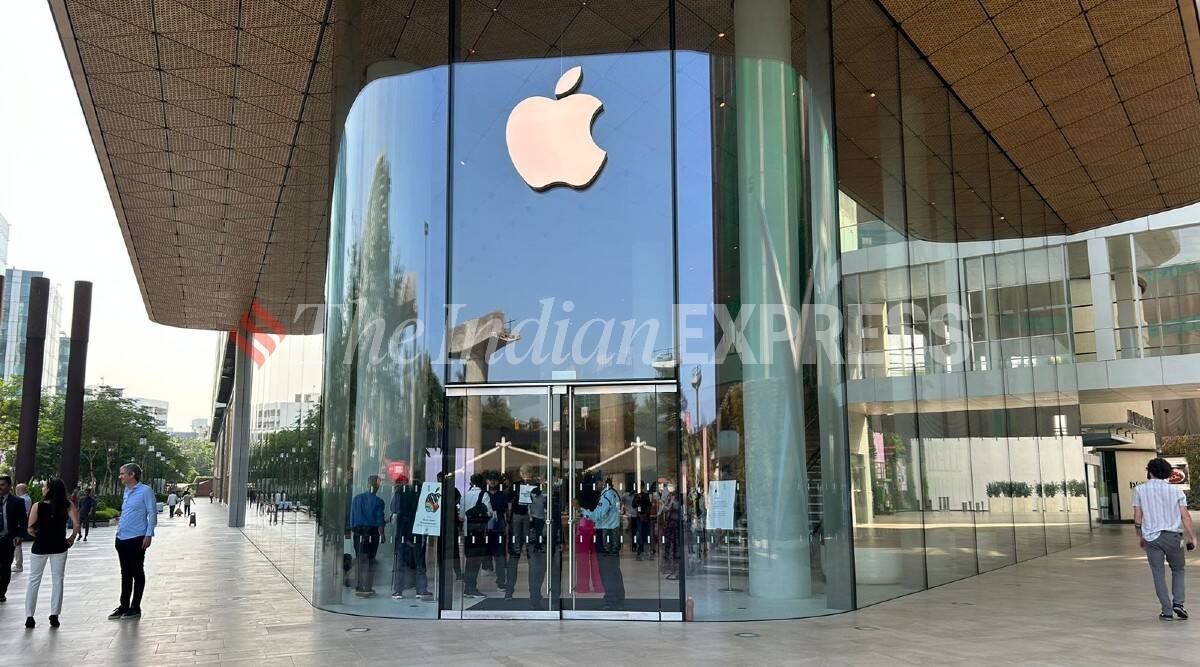Apple eyes a spot alongside UPI apps like Paytm and PhonePe in India
Apple is reportedly gearing up to launch its payment service in India, possibly with features like UPI integration and Face ID security.
 The Apple BKC store in Mumbai is pictured here. (Image: Apple)
The Apple BKC store in Mumbai is pictured here. (Image: Apple) Apple has reportedly engaged with Indian authorities and officials in preparation to launch its payment service, Apple Pay, in the South Asian market. The tech giant reportedly plans to hold conversations with the National Payments Corporation of India (NPCI) soon, aiming to establish a foothold in a highly competitive space currently dominated by Walmart’s PhonePe, Google’s GPay, and Paytm.
To cater to the specific needs of the Indian market, Apple is developing a localized version of Apple Pay that will operate on top of the Unified Payments Interface (UPI), a TechCrunch report revealed.
Apple intends to offer iPhone users in India the convenience of scanning QR codes and initiating UPI transactions without the need for any third-party payment service provider (PSP) application.
During recent discussions with Indian authorities, Apple also proposed the integration of Face ID for UPI authentication on iPhones, potentially adding an additional layer of security to transactions.
Apple’s initiatives in the Indian market have been ongoing for several years, with talks about bringing Apple Pay to the country dating back six years. However, no significant progress has been made until now. The company’s recent conversations with Indian officials indicate a renewed interest in launching Apple Pay in India.
While Apple has not provided an official statement regarding these developments, sources suggest that the company has not yet finalized its partners or the launch date for Apple Pay in India. As a result, a full-scale rollout is expected to take a few more quarters.







